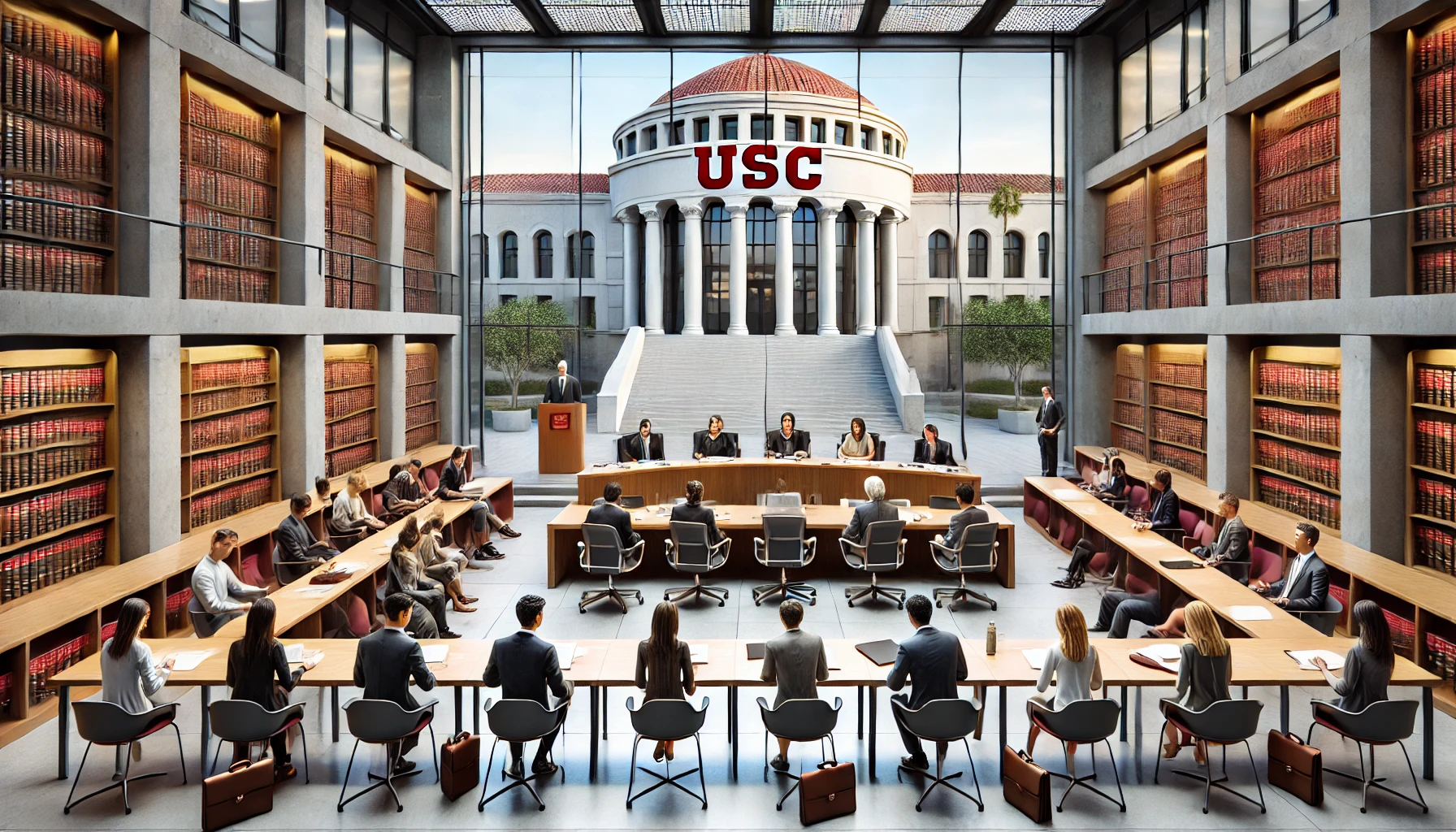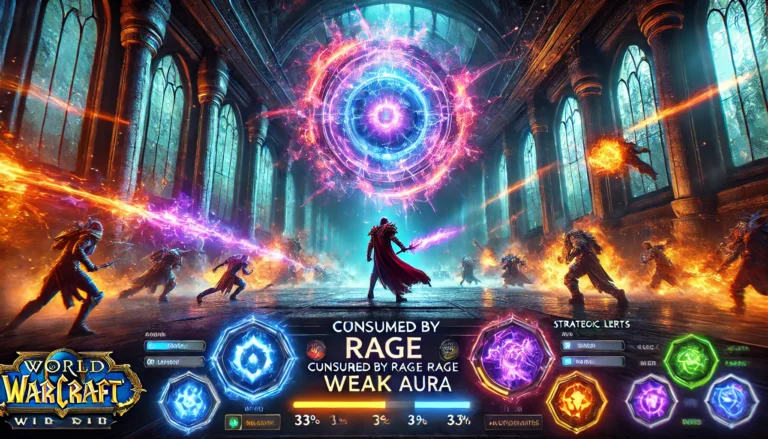Introduction
The C.W. Park USC lawsuit has ignited widespread debate within the academic sphere and beyond. Centered around allegations of misconduct at the University of Southern California (USC), this legal battle raises critical questions about institutional ethics, accountability, and the broader implications for higher education. This article unpacks the details of the case, its origins, and what it means for USC and similar institutions.
Who is C.W. Park?
The C.W. Park USC lawsuit has put Choong Whan Park, a prominent professor and researcher at USC’s Marshall School of Business, under intense scrutiny. Over his distinguished career, Park has contributed extensively to marketing and business strategy, earning recognition as a leading academic. However, these recent allegations have overshadowed his accomplishments and raised questions about his professional conduct.
Origins of the Lawsuit
The C.W. Park USC lawsuit emerged from claims of misconduct spanning nearly a decade, from 2006 to 2015. Several former graduate students accused Park of inappropriate behavior, including:
- Sexual harassment and discrimination.
- Retaliation against individuals who rejected his advances.
- Exploiting his authority to manipulate academic outcomes.
One plaintiff, referred to as Jane Doe, alleged that Park used his mentorship role to create situations where she faced unwanted sexual advances. The accusations include arranging private meetings under professional pretexts, which escalated into inappropriate conduct.
Allegations Against C.W. Park
The C.W. Park USC lawsuit includes claims of serious violations that go beyond individual misconduct, posing systemic challenges for USC:
- Sexual Harassment: Reports detail how Park allegedly targeted seven female graduate students, creating a hostile environment.
- Academic Exploitation: Allegations of intellectual property theft and research manipulation have surfaced, further questioning Park’s professional ethics.
- Retaliation: Threats to derail the careers of those who resisted his advances are a recurring theme in the lawsuit.
These allegations highlight significant power imbalances in academic mentorship, prompting broader concerns about institutional oversight.
USC’s Response to the Lawsuit
The University of Southern California has faced immense scrutiny due to its handling of the case. USC released a statement defending its commitment to ethical standards and legal compliance while launching internal Title IX investigations to address the claims. However, critics argue that the university’s response has been insufficient, pointing to systemic failures in preventing and addressing misconduct.
Impact of the Lawsuit on USC
The C.W. Park lawsuit has left a lasting impact on USC:
- Reputational Damage: The case has dented USC’s image as a leading educational institution, eroding trust among students, faculty, and alumni.
- Financial Repercussions: Settlements from related lawsuits, such as a $215 million agreement in a 2018 Title IX case, underscore the financial toll of such incidents.
- Policy Reforms: USC has introduced stricter oversight protocols, including enhanced monitoring of faculty-student interactions, to prevent future occurrences.
Ethical Challenges in Academia
This case sheds light on systemic issues within higher education, particularly the lack of accountability mechanisms for faculty misconduct. Power dynamics in academia often leave students vulnerable, as evidenced by the allegations against Park. Institutions must prioritize creating safe and equitable environments to rebuild trust and uphold their missions.
Lessons for Higher Education Institutions
The C.W. Park USC lawsuit serves as a wake-up call for universities worldwide. Key takeaways include:
- Proactive Policies: Clear protocols for reporting and addressing misconduct are essential.
- Transparency: Open communication about ongoing investigations fosters trust and accountability.
- Support Systems: Providing robust resources for victims of misconduct ensures a safer campus environment.
Public and Media Reaction
The C.W. Park USC lawsuit has garnered widespread attention, with public sentiment reflecting anger and concern over the alleged abuse of power. Advocacy groups have called for stricter regulations in higher education, emphasizing the need for stronger safeguards against harassment and exploitation.
Potential Outcomes of the Case
As the lawsuit progresses, several scenarios could unfold:
- Legal Resolution: The court’s decision may result in penalties for the accused and further reforms for USC.
- Institutional Changes: The case could set a precedent, encouraging other universities to strengthen their policies and accountability frameworks.
- Cultural Shift: The increased visibility of such cases may drive broader cultural changes within academia, prioritizing ethical behavior and diversity.
Conclusion
The C.W. Park USC lawsuit highlights significant challenges within higher education, ranging from individual misconduct to systemic institutional failures. While the case underscores the urgent need for reform, it also presents an opportunity for universities to rebuild trust and prioritize ethical standards. As the legal proceedings continue, the academic community must reflect on the lessons from this case to foster a safer and more equitable environment for all.
FAQs
What are the main allegations in the C.W. Park USC lawsuit?
The allegations include sexual harassment, academic exploitation, and retaliation against students who resisted C.W. Park’s advances.
How has USC responded to the lawsuit?
USC has launched internal investigations, updated its policies, and emphasized its commitment to addressing misconduct. However, the institution has faced criticism for its initial handling of the case.
What impact has the lawsuit had on USC?
The lawsuit has damaged USC’s reputation, resulted in financial settlements, and prompted policy reforms to improve campus safety.
Why is this lawsuit significant for higher education?
The case highlights systemic issues such as power imbalances, inadequate reporting mechanisms, and the need for transparency in addressing misconduct.
What changes can universities implement to prevent similar cases?
Institutions should adopt proactive reporting systems, transparent investigations, and support structures for victims, while fostering a culture of accountability and inclusion.








